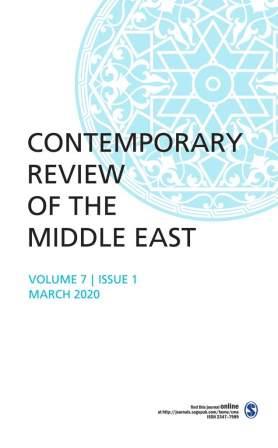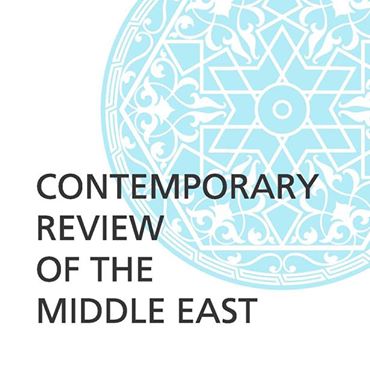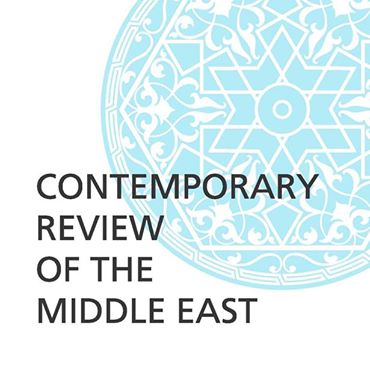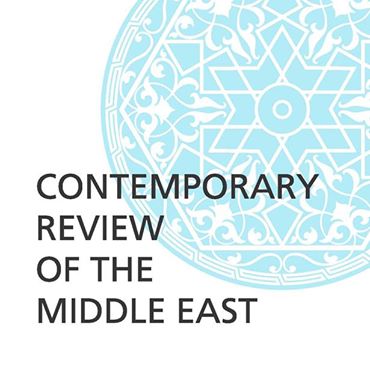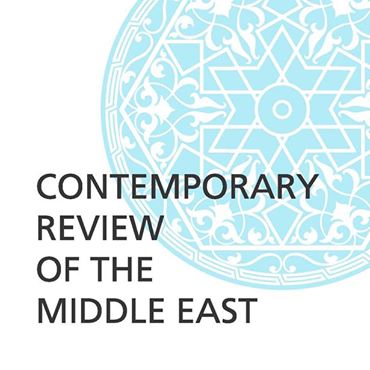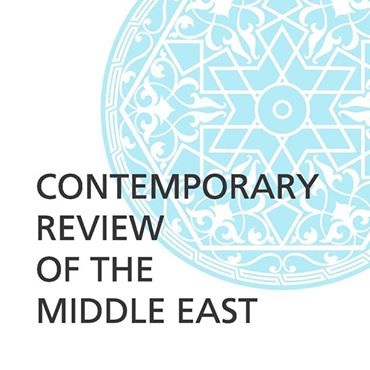Breaking
- MENU
Lorem Ipsum is simply dummy text of the printing and typesetting industry.
http://journals.sagepub.com/toc/cmea/3/1
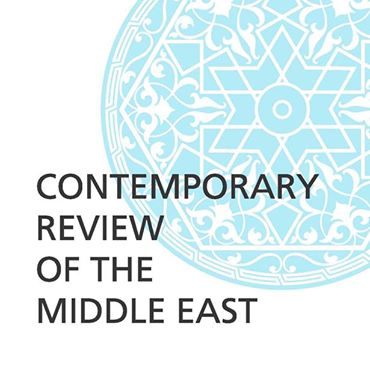
Special Issue: Iran Nuclear Deal: The Joint Comprehensive Plan of Action
1) Dateline MEI By P.R. Kumaraswamy; pp. 1-2 Read More
2) Iranian Nuclear Agreement: Understanding the Nonproliferation Paradigm By Arun Vishwanathan; pp. 3–22
Abstract: The Joint Comprehensive Plan of Action (JCPOA) was successfully negotiated between Iran and the P5+1 comprising United States, Russia, China, France, United Kingdom, and Germany on July 14, 2015. The result of multilateral diplomacy spanning over a decade, the agreement resolved international concerns about the military nature of the Iranian nuclear program. The agreement expands the scope and nature of international safeguards and verification of the Iranian nuclear program. It physically blocks both the plutonium and the uranium route that Iran can pursue to build nuclear weapons. These measures increase the lead time available to the international community in case Iran decides to build nuclear weapons any time in the future. In sum, the agreement successfully alleviates global concerns about Iran building a nuclear weapon, builds trust between Iran and the West, and opens up the possibility of collaboration to tackle the challenges faced by the region as a whole.
3) Iran Returns to Global Energy Market: Issues and Prospects By Girijesh Pant; pp. 23–35
Abstract: Iran is set to join the global energy market with the signing of the Joint Comprehensive Plan of Action in July 2015. However, the new geography of energy is changing the power dynamics in global energy market taking away the leverage from the traditionally dominant Middle East. Moreover, OPEC envisages severe loss to its share in the global energy market by 2020 and the intra-regional conflicts are further fuelling uncertainties and radicalization. Nevertheless, hydrocarbon will continue to be the principal component of global energy mix and Iran, which has the fourth largest reserves of oil and the second largest deposits of natural gas, will remain an important player but it will require a huge investment and technological support from the external suppliers to monetize its energy assets. Thus, a new script is going to be framed, that of energy-geopolitics equation, but, ironically, Iran will not be its lead author. Read More
3) US–Iran Nuclear Deal: Cohorts and Challenger By Chintamani Mahapatra; pp. 36–46
Abstract: The Joint Comprehensive Plan of Action (JCPOA) resulted from 20 months of hard bargain and intense negotiations leading to an understanding between P5+1 and Iran. The deal has been touted as a potential beginning of a thaw in US–Iran relations. It aims at preventing Iran from acquiring a nuclear weapon capability and enabling Iran to resume normal relations with the world by lifting bilateral and multilateral sanctions. The JCPOA was concluded despite intense opposition and strong objections by American allies in the Middle East including Saudi Arabia and Israel and was supported by many world and regional powers such as China and Russia. The deal has implications for the domestic and foreign policies of the US. Developments in the Middle East, domestic American politics as well as US–Iran bilateral equations carry a cart load of unpredictable events that would cause difficulties on the road to implementation of the nuclear deal. Read More
4) Deep Disquiet: Israel and the Iran Nuclear Deal By S. Samuel C. Rajiv; pp. 47–62
Abstract: The Iran nuclear issue has been the most significant regional security challenge that Israel had to grapple with in the recent times. Israel was skeptical of the efficacy of the dominant diplomatic strategy (pursued by the P5+1) to address the Iranian nuclear challenge. Israel continues to express its concerns on the Joint Comprehensive Plan of Action (JCPOA) of July 2015 to effectively address its core concerns vis-à-vis Iran. Significant policy differences with the United States over Iran did not prevent both countries from maintaining a steady stream of high level contacts. While both sides are currently negotiating the terms of the 10-year defence cooperation agreement that would improve its qualitative military edge (QME) vis-à-vis Iran and regional rivals, Israel’s Iran dilemma would play out to uncertain consequences. Read More
5) China and the Iranian Nuclear Issue—Converting Challenges into Opportunities By Srikanth Kondapalli; pp. 63–76
Abstract: After 13 years of intense and grueling negotiations, diplomatic and political activities, the Iranian nuclear issue was resolved in mid-2015 with the provision of implementing the accord in a decade. As a member of the United Nations Security Council (UNSC) Permanent Five (P5) P5+1 since April 2010 who negotiated the deal, China’s moderate role has attracted global attention. While the United States, Russia, and European countries played a crucial role, Beijing’s position in resolving the issue is not insignificant. Given China’s interests in the region—ranging from economic, commercial, energy, and regional security to strategic concerns—while being one of the quiet negotiators, Beijing periodically dispatched its envoys and others to influence Tehran’s responses. In the coming years, China’s role is expected to show benefits in terms of energy deals as well as infrastructure developments and even arms sales to Tehran. Read More
6) The Joint Comprehensive Plan of Action: Impacts on Pakistan–Iran Relations By Savita Pande; pp. 77–94
Abstract: The Joint Comprehensive Plan of Action (JCPOA) will impact the Iran–Pakistan relations in many ways including the prospects of the Pakistan–Iran gas pipeline and other energy issues which had earlier been halted due to sanctions and the American pressure. Trade will become flexible, and Pakistan will import oil and export rice, but there are issues than those pertaining to the sanctions which had governed bilateral trade that will continue to be an irritant. Iran would be more assertive on Balochistan, especially on the Jundullah and other rebel groups entering into its Sistan–Baluchistan province from Pakistan. Moreover, Afghanistan will present its own challenges as Iran might have more in common with India in terms of the access to Central Asia through the Chabahar port, thus balancing the Gwadar port or the China–Pakistan Economic Corridor (CPEC). An assertive Iran after the deal might see a worried and anxious Saudi Arabia and the Gulf Cooperation Council (GCC) presenting Pakistan with power balance challenges in the Persian Gulf. Read More
7) The JCPOA and Changing Dimensions of the Russia–Iran Relations By Nansi Paulraj; pp. 95–110
Abstract: Relations between Russia and Iran have always been complex and subtle. On one hand, Iran and Russia have enjoyed wide economic, military and nuclear strategic cooperation and the latter has played a major role in Iran’s nuclear program and provided the former with nuclear experts and technical know-how. Hence, Russia has been embroiled in many controversies as the West realized that it did not share their political concerns of security over Iran. On the other hand, although Russia was overtly interested in developing nuclear cooperation with Iran, it was more an attempt to save its own nuclear industry from collapse than to strengthen Iran’s nuclear capability. Thus, in reality, Russia was as skeptical as the other P5+1 nations about a nuclear armed Iran as it realized that the latter could destabilize the situation in the Middle East. The US openly criticized Russia’s strategic partnership with Iran and demanded that it should cut off all ties with Iran. Russia was apprehensive that if the nuclear talks failed, the US might take military action against Iran which in turn would have a destabilizing effect on regional security. Read More
8) Iranian Nuclear Program: A Chronology By Alvite Singh Ningthoujam; pp. 111–122 Read More
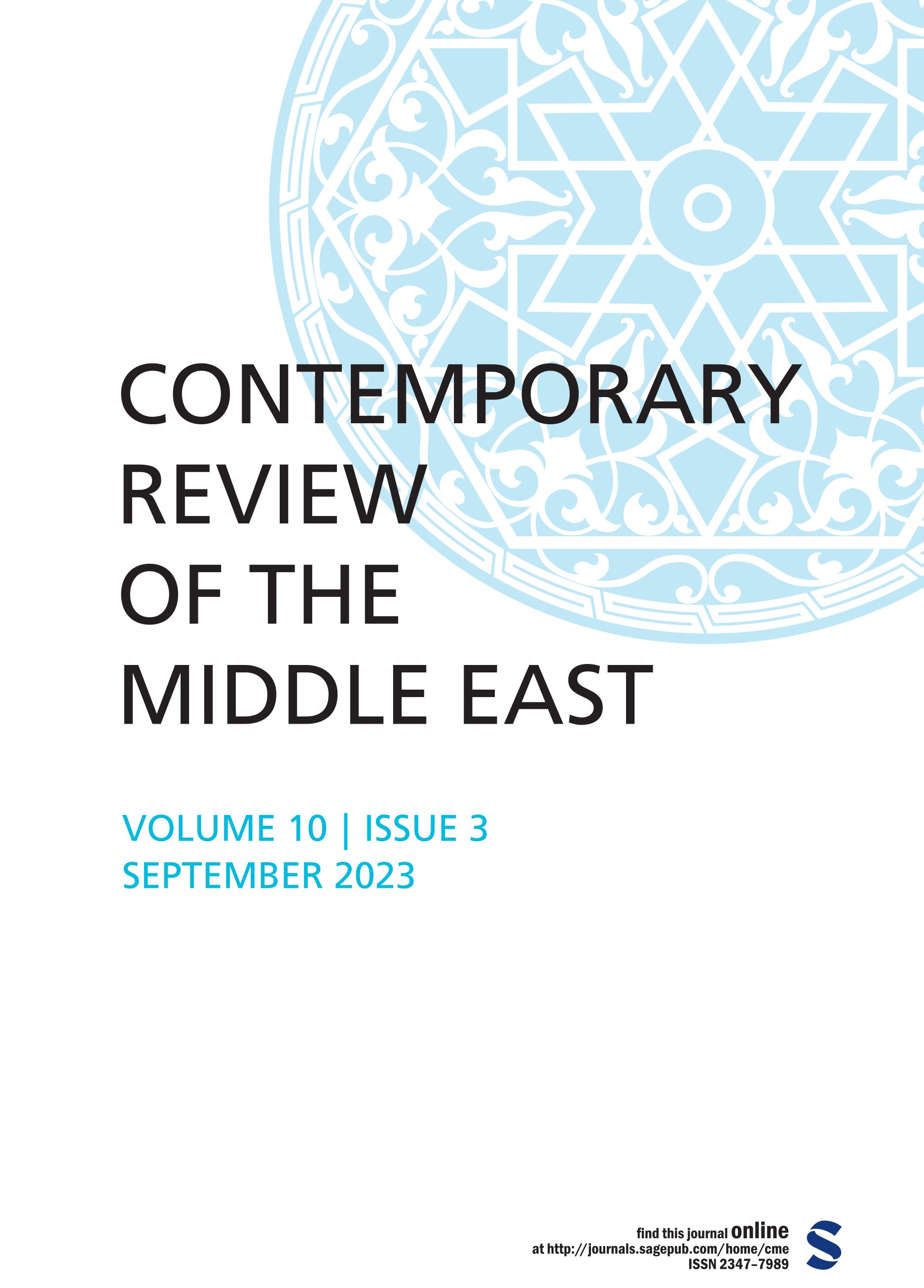
Invented Tradition as a Theoretical Approach Within Iranian Memory Studies: A Review Mohammad
Read More »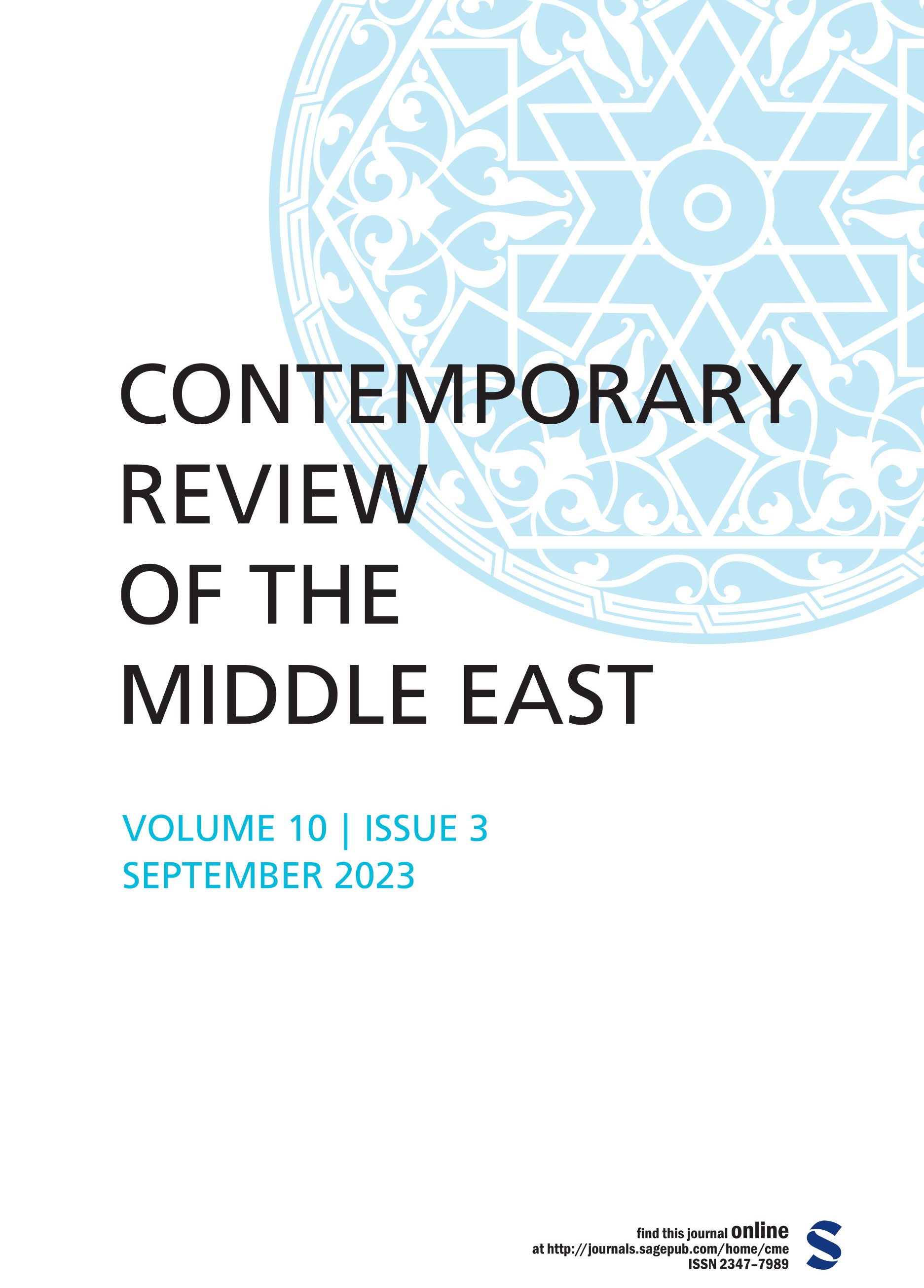
Neo-Ottoman Turk-Scape: Analyzing the Role of Dizis as Türkiye’s Soft Power Mohammad Reyaz and
Read More »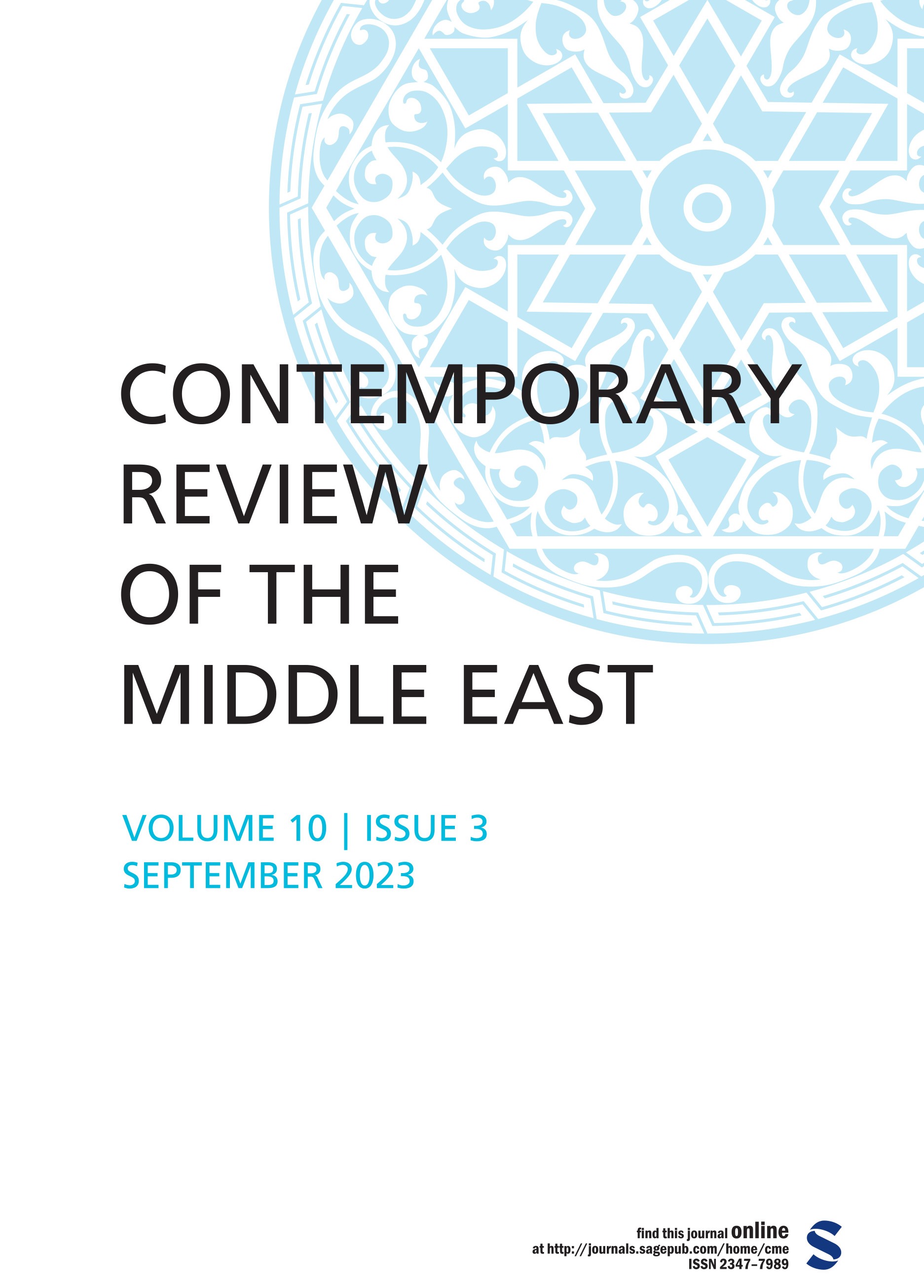
The Relations of Vietnam with the Middle East-North Africa Region: From a Divided State to an Important&
Read More »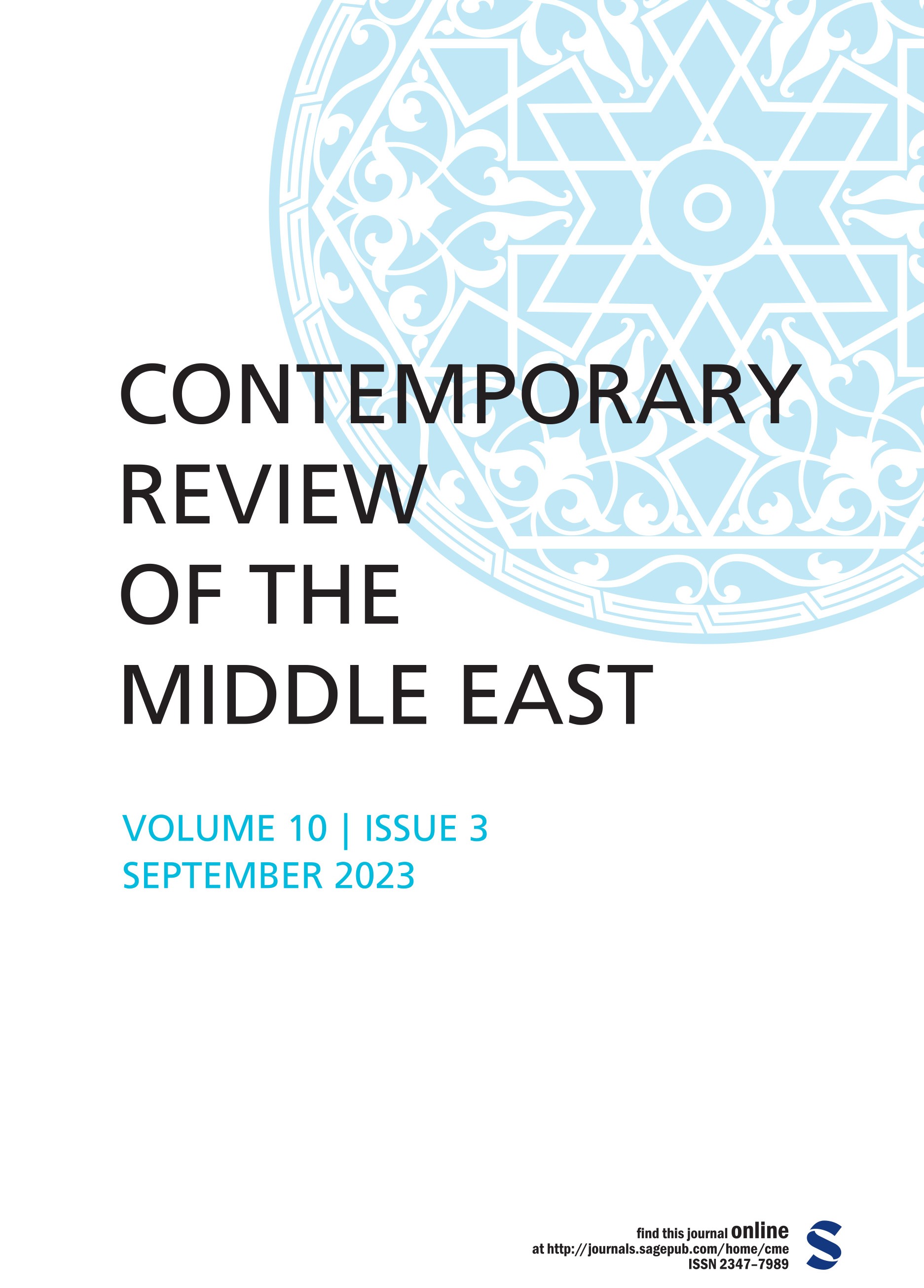
An Analysis of Yemen’s Geostrategic Significance and Saudi-Iranian Competition for Regional Hegemo
Read More »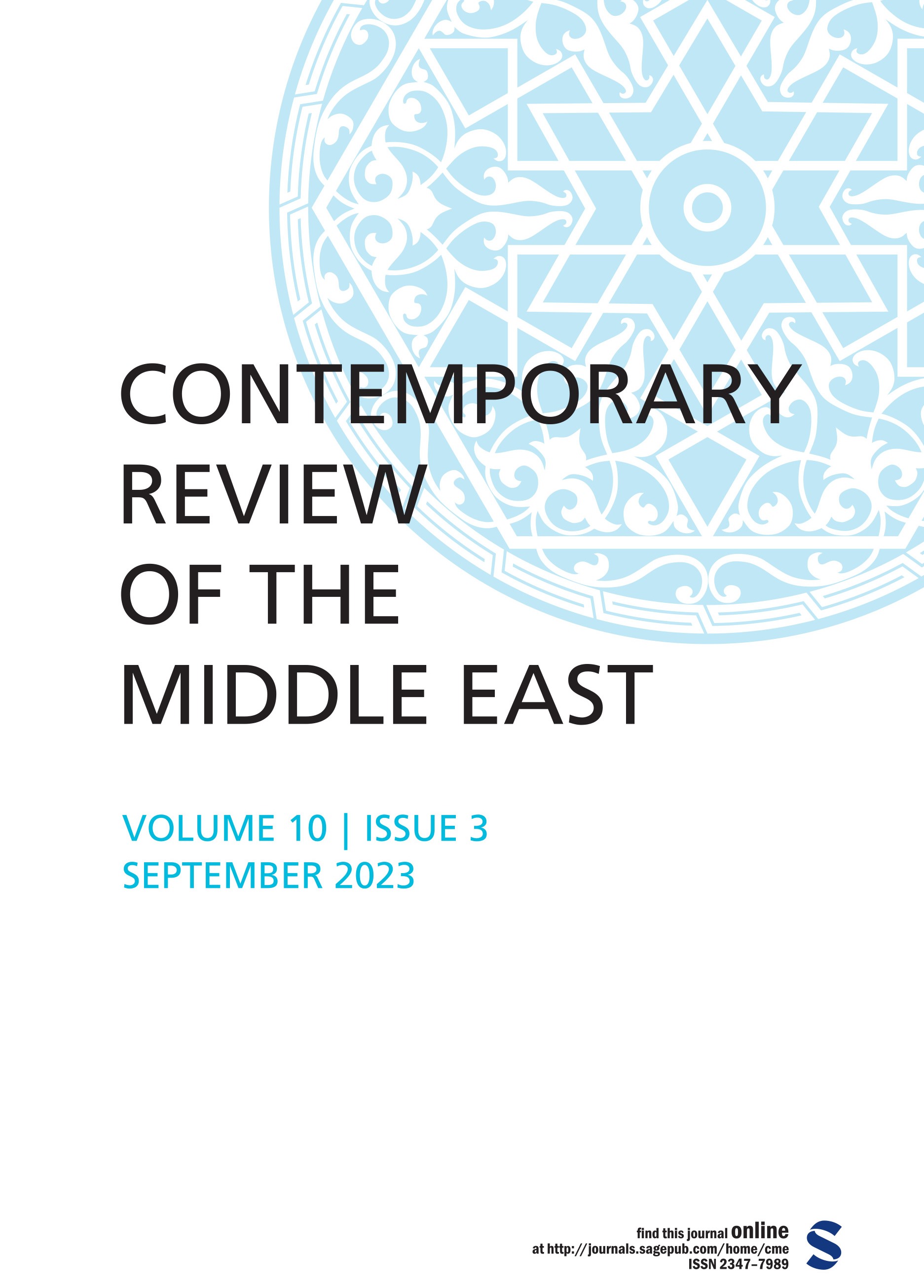
The National Reconciliation Process in Algeria During the Bouteflika’s Era: The Official Narrative Fa
Read More »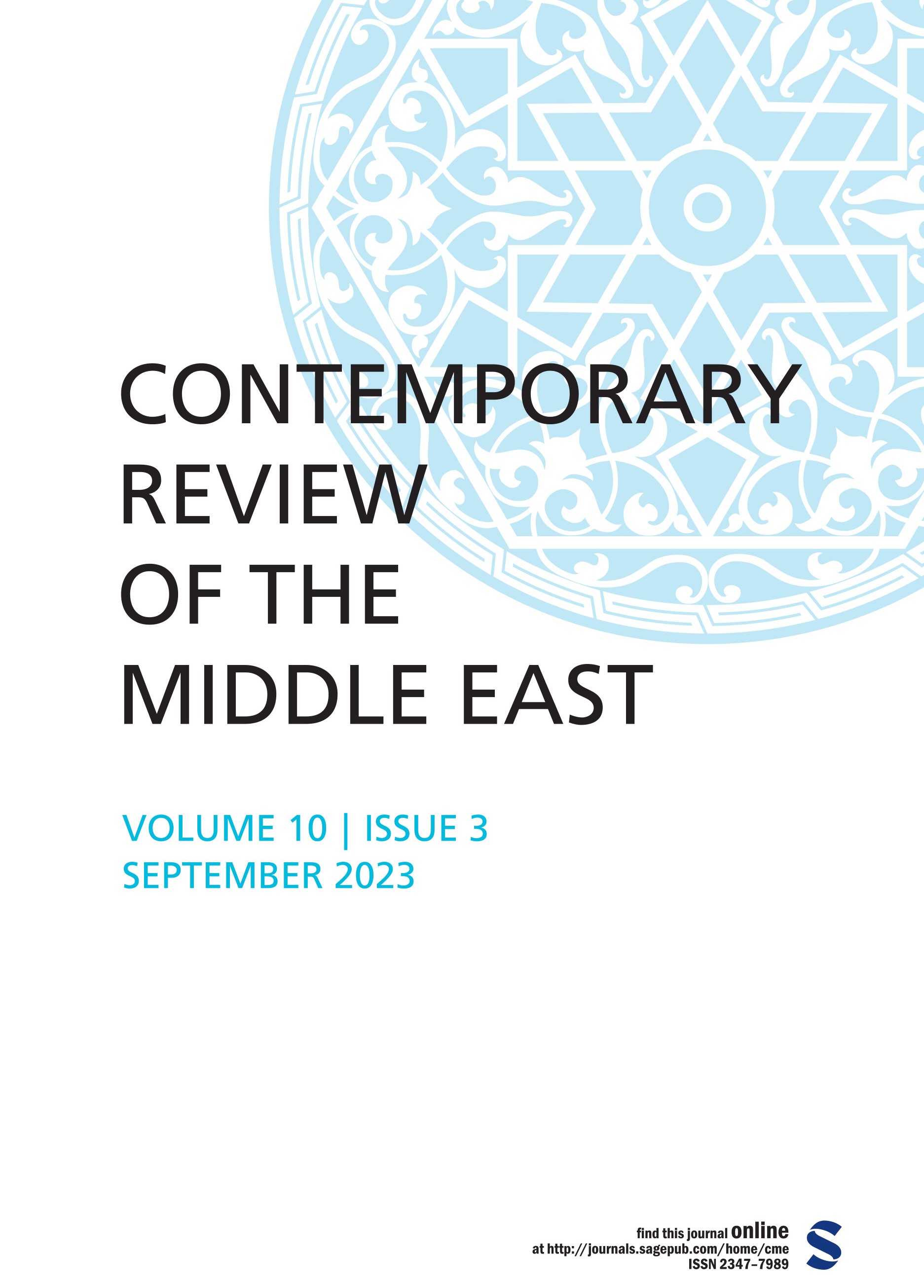
Dateline MEI When Netanyahu Rocks the Israel Boat, Nero Style P. R. Kumaraswamy For the text see: We
Read More ».jpg)
.jpg)
